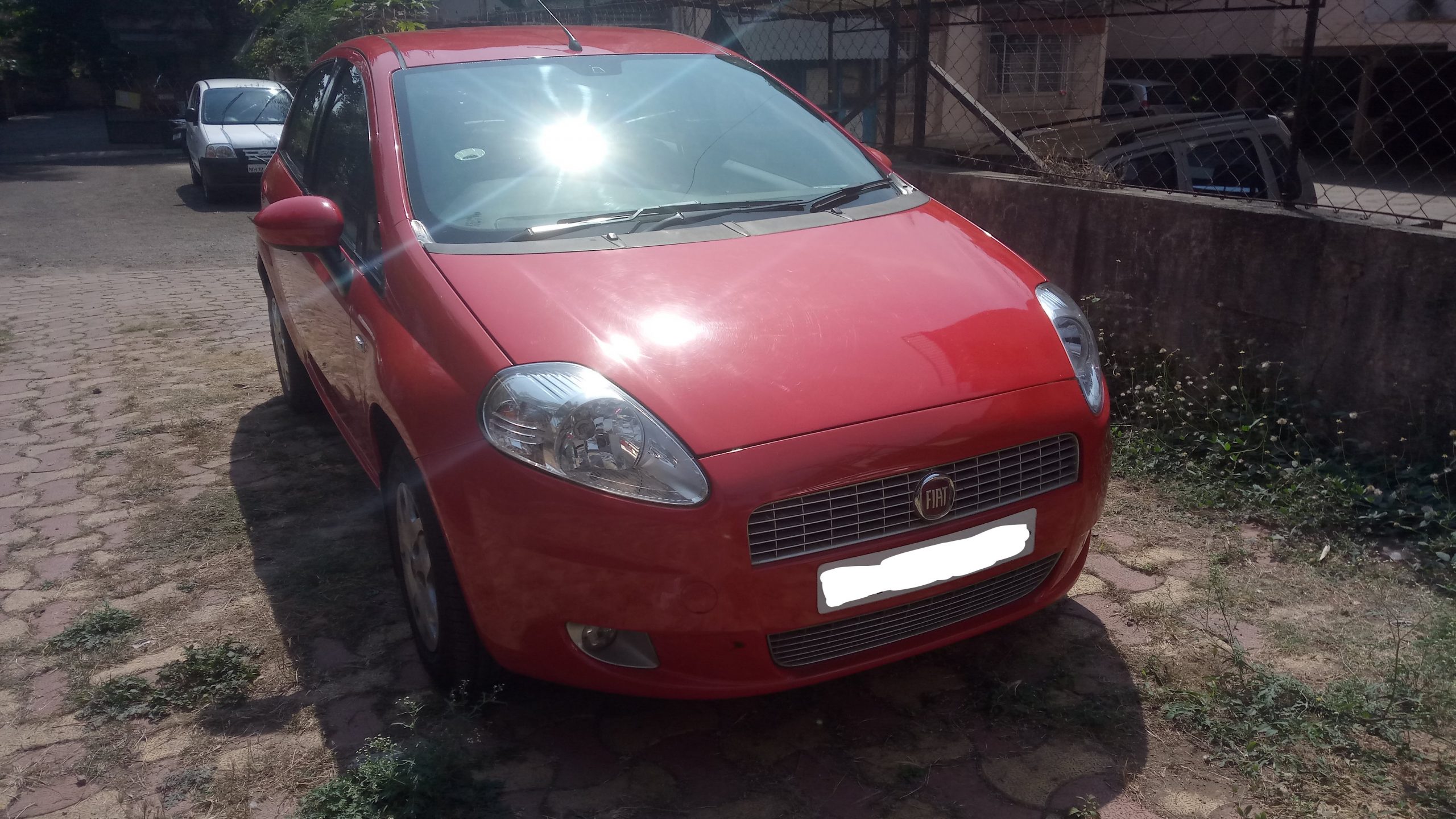Fuel prices have gone skyrocketing especially after the month of April 2018. So what is the reason behind this sudden increase in price?. Is this the reality that government is not taking adequate measures to control this or is it something else.
Before going further one must know that India is the third biggest importer of crude oil on Earth which is 82 % of the total market and 4,93,000 bbl/day in quantity. Now, this market is controlled by the three state run companies Hindustan petroleum, Indian oil, Bharat petroleum. This companies control 92 % of the petroleum market of the country. Also, these companies refine and process the crude oil imported and sell it in the Indian market.
So why don’t the government subsidize fuel?
Well, that had been done but the losses had to be borne by oil companies and the government mandated them to sell petrol at a lower price which further resulted into low inflation. But, now these companies decide the price of fuel on a daily basis which results in high prices.
The other reason out of the many is the tax and I personally believe it is a major one. Tax, yes everybody know that high taxes are responsible for the increase in prices of petroleum but it would be interesting to know that taxes increase the price around 90% more on the base dealer price . And to be precise following data will show the numbers.
- Dealer price– 35.21
- Central excise – 19.48
- Dealer commission – 3.60
- State VAT – 15.74
- Total – 74.03
(Buildup of petrol as on 8th April 2018, New Delhi)
Will bringing petroleum products under GST taxation system help?
The highest tax slot of GST is 28%, so considering the petroleum products in that slot. It would cost
(35.21*.28) + 35.21 + 3.60 = 48.688 or worse 55 INR/ litre.
However, this is just a a logical presentation of what the fuel prices could be if petroleum products are brought under GST taxation system.






